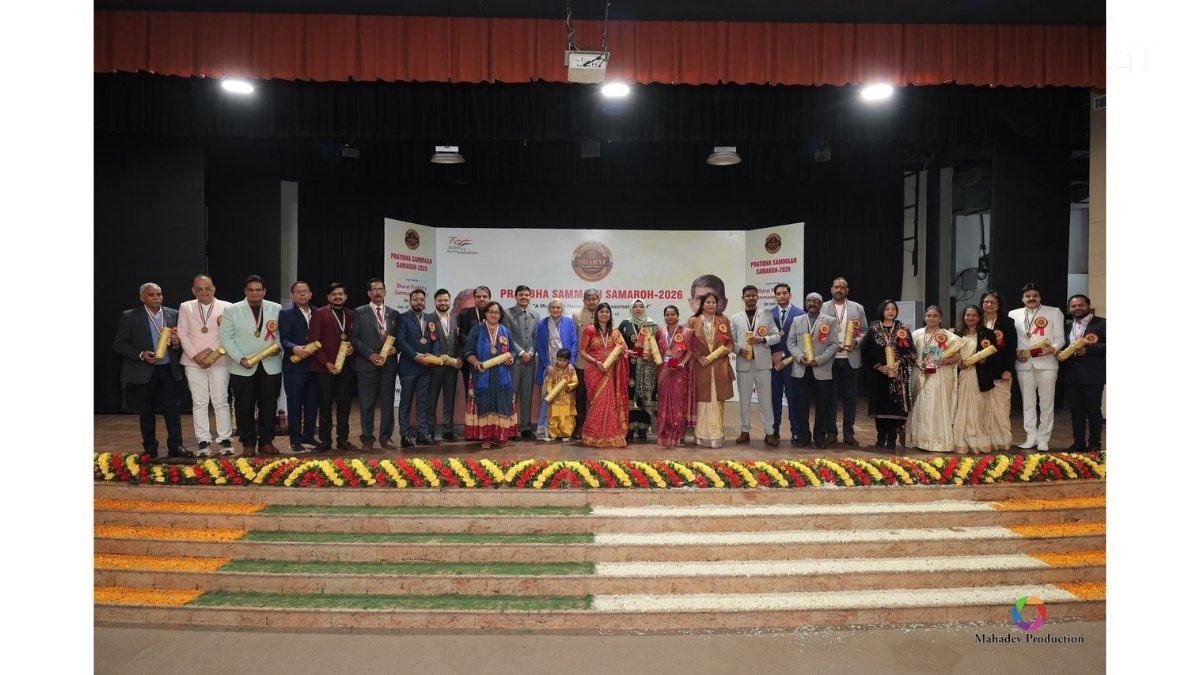
New Delhi [India], August 15: It’s not every week that Vanijya Bhawan in Delhi hums with the voices of ten nations, but that’s what happened between August 10 and 14, when India played host to the 10th ASEAN–India Trade in Goods Agreement (AITIGA) Joint Committee. It’s the table where India and Southeast Asia check in on a pact that’s been moving goods back and forth for years, and decide how to keep it working in a world that’s gotten faster, fussier, and frankly, more complicated.
The chairs at this round were filled by Shri Nitin Kumar Yadav from India’s Commerce Ministry and Madam Mastura Ahmad Mustafa from Malaysia’s trade ministry, with a small army of officials in tow. Brunei, Cambodia, Indonesia, Lao PDR, Malaysia, Myanmar, the Philippines, Singapore, Thailand, and Vietnam, all sent their diplomats. Some in person, some through screens. The mood? Professional, but with enough side conversations to remind you that diplomacy is half about what’s said between sessions.
The Joint Committee’s to-do list was packed. The focus stayed on making AITIGA more usable and better at greasing the wheels of trade. They weren’t starting from scratch; eight rounds of talks had already set the stage. And on the sidelines, seven of the agreement’s eight sub-committees gathered to wrestle with their own specialty topics.
Customs rules, legal wrinkles, who gets access to which market, food safety checks, origin rules for goods, technical standards, and trade remedies, each had their turn.
Think of them as the gears in the bigger machine, making sure no part jams while the main deal is reworked.
What’s interesting is the backdrop. ASEAN accounts for about 11% of India’s global trade, which is no small slice.
In 2024–25, the two-way trade hit USD 123 billion. That’s not just a statistic for economists to nod at, it’s farmers in Thailand shipping fruit to Indian ports, Indian companies selling machinery into Vietnam, and cargo ships quietly crossing the Andaman with goods that keep the whole relationship alive.
The Delhi meetings didn’t end with fanfare or flashy announcements. That’s the nature of these things; the most important work happens in the background, where negotiators chip away at clauses and commas until the language works for everyone. But there was one clear outcome: the next stop will be Jakarta in early October, with Malaysia taking the lead. The conversations there will likely dig deeper, and maybe, just maybe, we’ll see some of this careful groundwork turn into signed pages.
For now, the takeaway is this: India and ASEAN are still talking, still tweaking, and still betting on the idea that open trade, managed smartly, is worth the effort. Truth be told, in a world where supply chains can snap overnight and tariffs can spring up like potholes, that’s no small thing.








